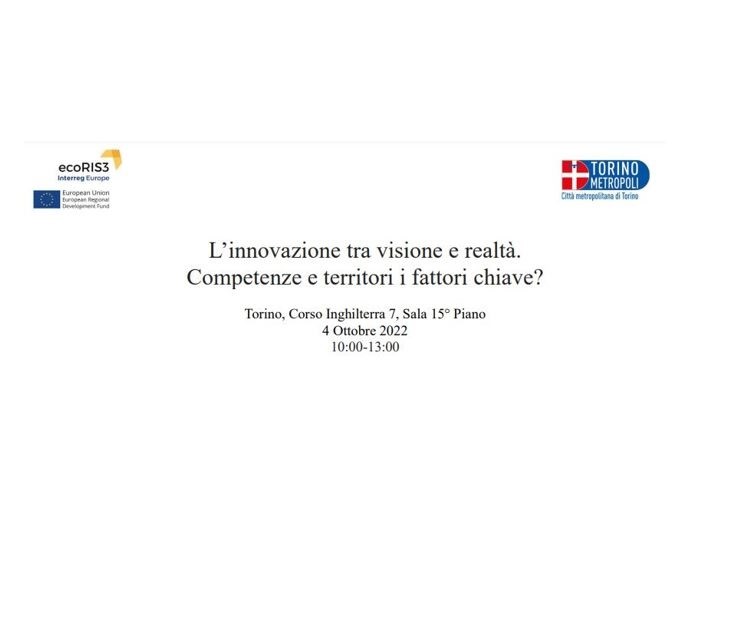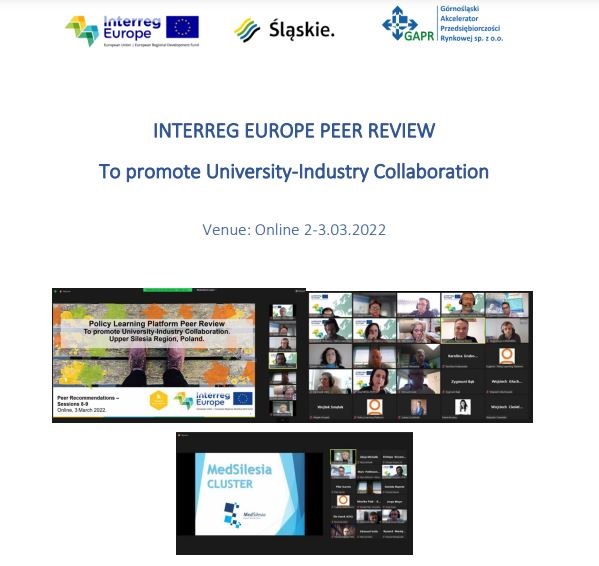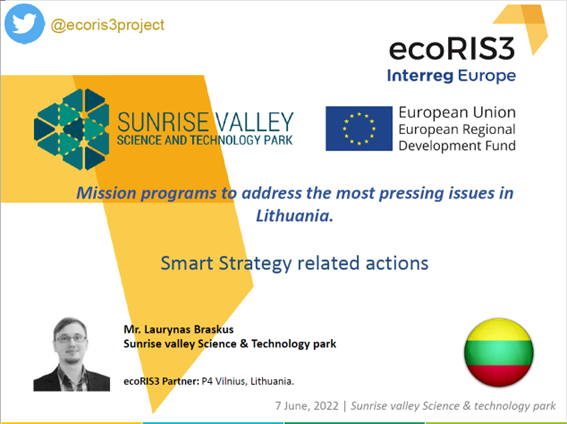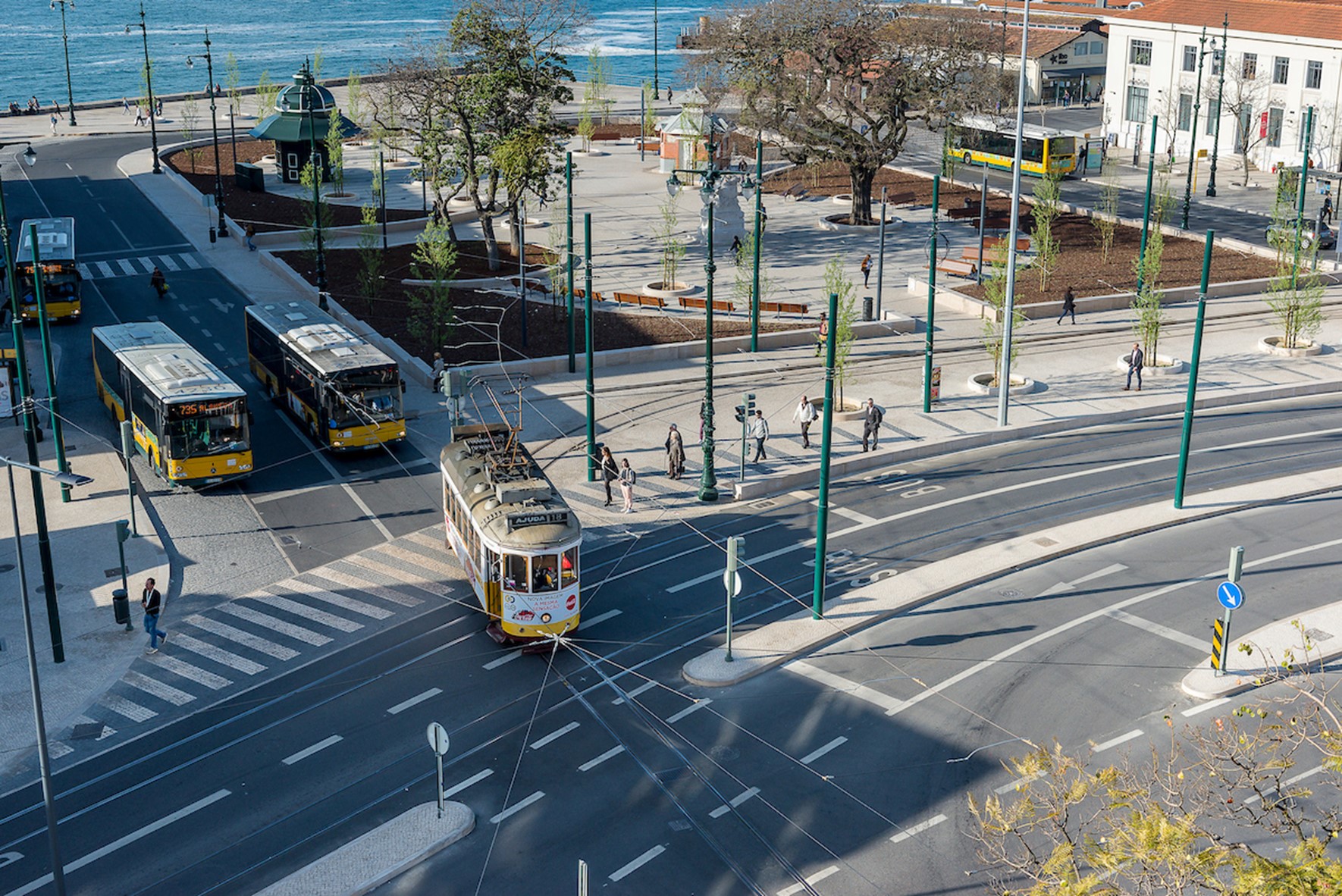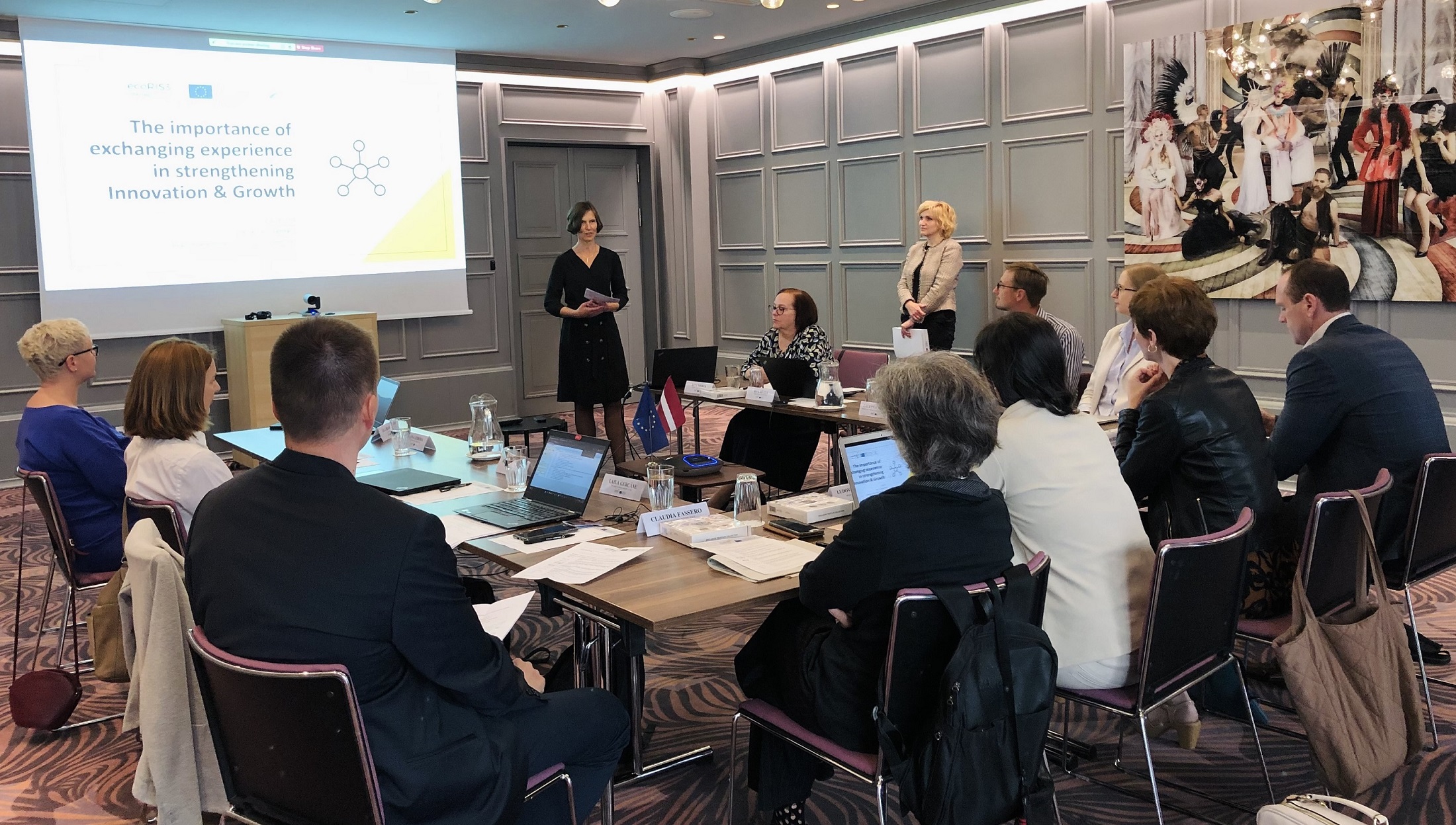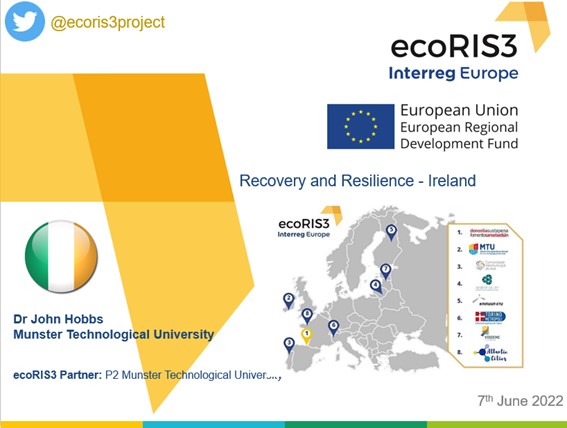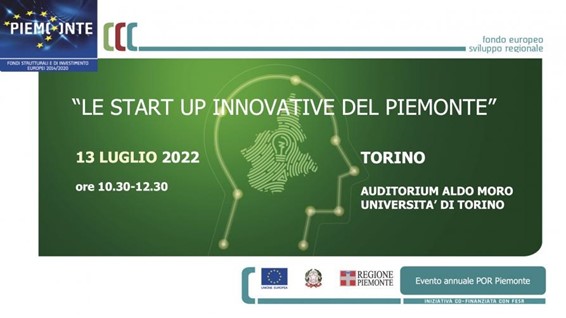Sparsely populated rural areas cover 68% of Finland, but less than 6% of Finland’s overall population live in these areas even though the areas have plenty of untapped potential. For example, most of the bio economy’s raw materials are located in these areas. Due to this, Finnish government has appointed a Rural Policy Council to coordinate rural policies in cooperation with the Finnish Ministry of Agriculture and Forestry.
The Rural Policy Council aims to improve the structures and practices of the rural policy in a way that it supports location-based policies. The council consists of representatives from public, private and third sectors, ranging from local to national level, and its work is supported by a secretariat and five networks. One of these networks is the Network of Sparsely Populated Rural Areas, which is coordinated by Kainuu region’s Kajaani University of Applied Sciences. The council and the secretariat has two full-time employees and the networks employ some part-time experts. The council’s yearly budget is approximately 1,5 million euros, which is used as a state aid for local actions and to fund various research and development projects.

Image: © maaseutuverkosto, Antti Saraja
The Rural Policy Council’s network structure has enabled them to work with limited financial resources as well as to gather a large group of people together to have an influence on the decision-making regarding rural areas and to develop them. In addition, the council’s five supporting networks have a relatively autonomous role, which allows them to react promptly to current issues. However, the resources for the rural policy and funding for the research and development projects have been reduced, which has decreased the amount of concrete actions. This has had an effect on the Council’s effectiveness and impact.
The Rural Policy Council demonstrates especially two aspects of transferability to other regions. It shows that in order for the sparsely populated rural areas to succeed, cooperation between all sectors and levels is required. One way to achieve this is by setting up either a regional network or a national network of relevant actors. The other aspect of transferability is the alignment of strategies for synergies and to have a greater impact with the policies overall, this, in turn, enhances the development of the region. For example, Kainuu’s Smart Specialisation Strategy (RIS3) is aligned with the Rural Policy Programme and with the Strategy for Sparsely Populated Rural Areas. Therefore, Kainuu region gets synergistic effects from all the policies, since all of them underline the significance of bio economy in rural areas.


